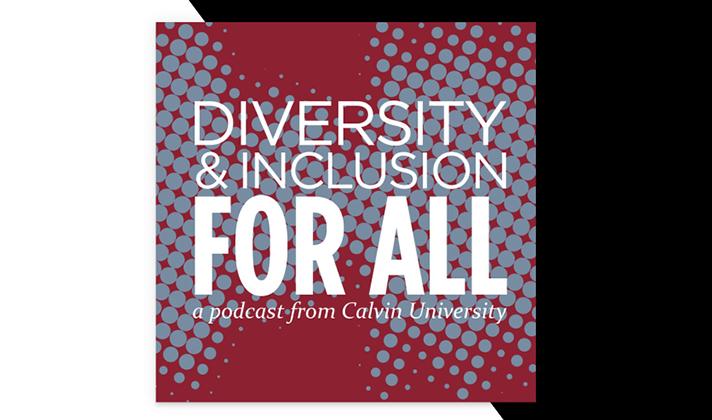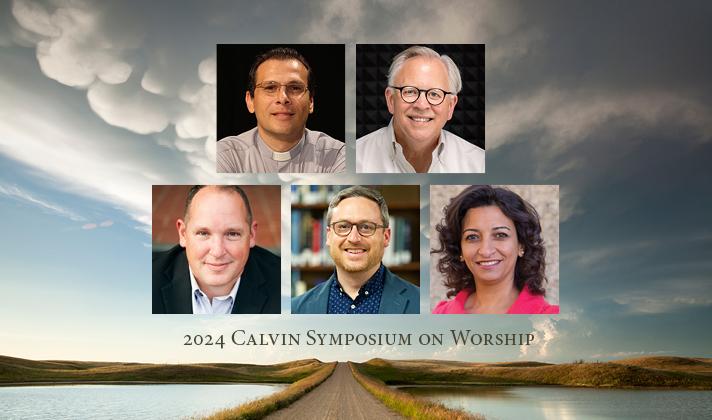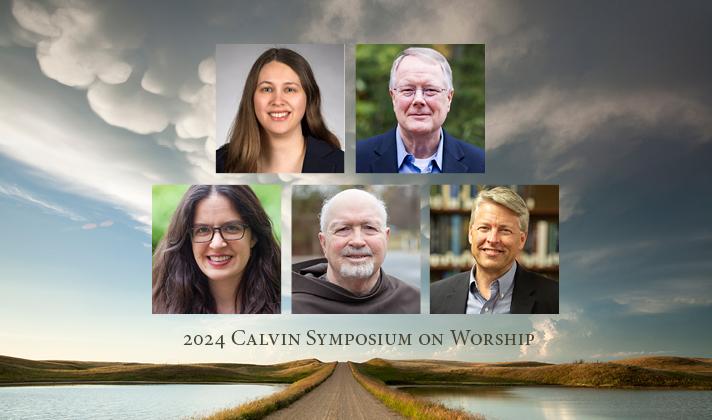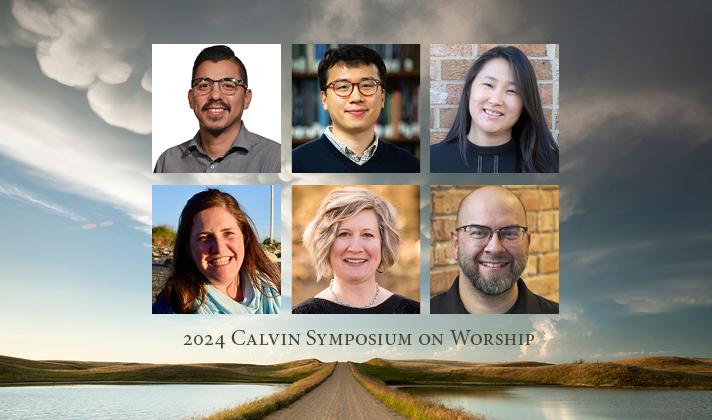Psalm 89
How does this psalm piece interpret the psalm?
The first 18 verses of Psalm 89 are a declaration of praise to God who calls his people into covenant relationship with God. God reaches out to us in order to make a way for us to reach out to God. We experience God’s love when God reaches out to us. And God is always true to God’s love for us (faithfulness). Worship begins with God, who reaches out to us. “For God so loved the world that he gave . . .”—this is where worship begins.
In saying this, we’re admitting that worship doesn’t begin with us. We don’t “start” worship when we gather on Sunday morning or Wednesday night. We join worship that is ongoing. Psalm 89:1–18 reminds us that the beautiful work of worship is already underway, in heaven and on earth. And it began when God reached out in love and faithfulness.
Psalm 89:14 says, “Righteousness and justice are the foundation of your throne; love and faithfulness go before you” (NIV). The way of God’s kingdom (founded upon God’s righteousness and justice) is the way of love and faithfulness. God’s love and faithfulness are the arms that reach out to us from the body of God’s righteousness and justice. The full embrace of God draws us into the pursuit of God’s righteousness and justice. The full embrace of God in worship forms and reforms us as God’s covenant family, the church.
This psalm setting invites us to read, pray, and sing Psalm 89:1–18, where we are reminded that we are formed as God’s people through worship that declares God’s love and faithfulness. When we bless God, we are blessed. Refrain:
“I will sing of your great love now and ever;
With my mouth I will declare your faithfulness.
In your promise I am formed, in your covenant restored,
O bless the Lord forever, Amen.”
This psalm setting would fit well during a time of praise (declaring God’s love and faithfulness) and/or response (calling us to love and faithfulness, to be formed and restored as God’s covenant people who are loving and faithful).
Text and Music: Psalm 89:1–18; Ken Michell, © 2020 Ken Michell
Used by permission.
Contact: Ken Michell, kenmichell@gmail.com






